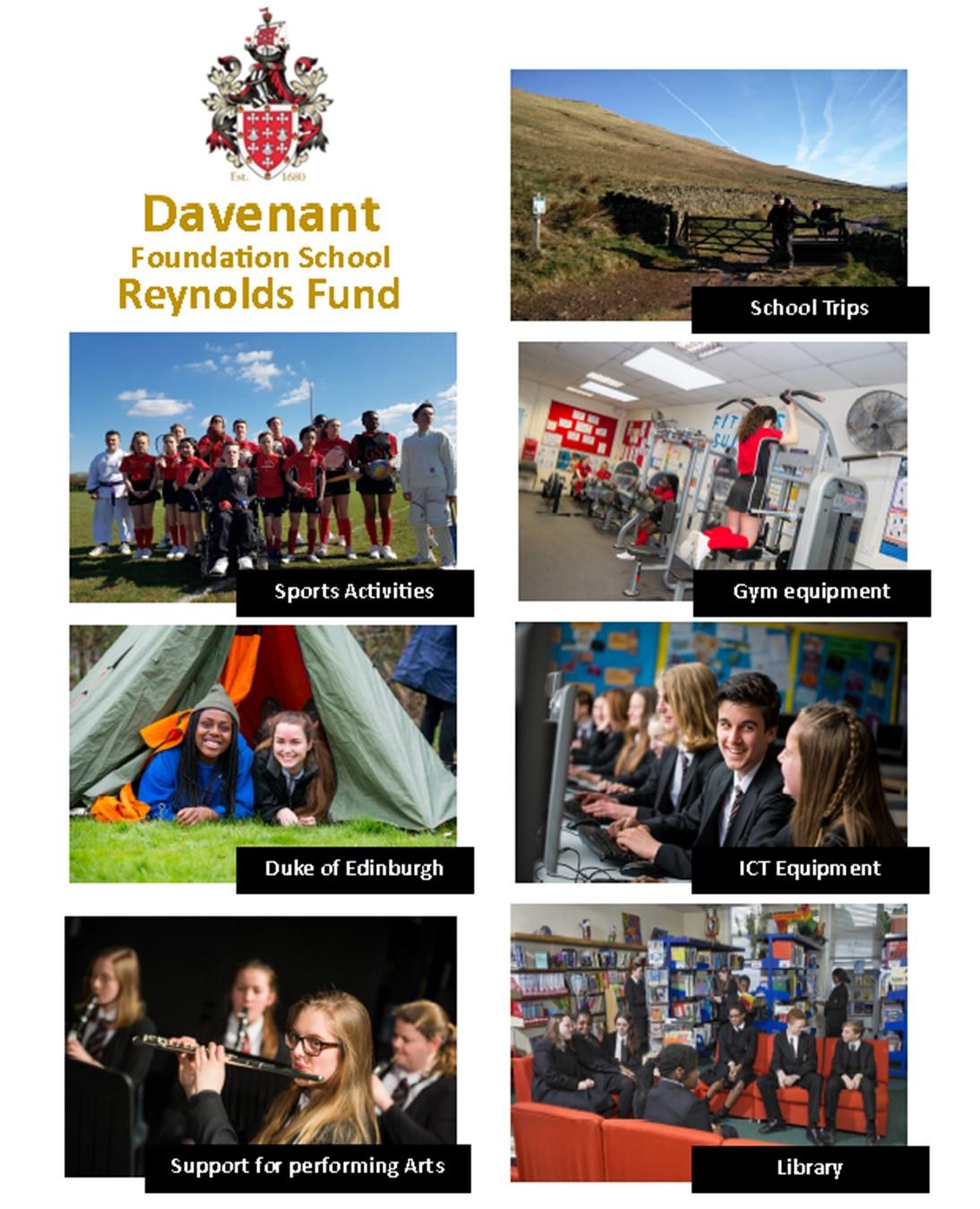
2 minute read
Science
Students in Years 7 - 9 follow the Exploring Science: Working Scientifically course, which covers the Science requirements for Key Stage 3 of the National Curriculum. Exploring Science: Working Scientifically provides simple, inclusive and inspiring resources to support students in Key Stage 3 learn science.
We chose this course because we believe it provides the best possible preparation for studying the new, more demanding GCSE Science courses. All the key concepts necessary for success in secondary school science are introduced, together with many opportunities to learn and practise the skills required for studying science further up the school.
Students have three Science lessons per week, with either one or two teachers, depending on the constraints of the school timetable. All lessons are held in one of the nine laboratories. Students’ progress is continuously monitored though the three years by regular written tests and online assessments. Students are given access to a large amount of online resources which help them revise for these tests.
The Sexual Reproduction in Animals topic in year 7 deals with the science aspects of sex education that are part of the Science National Curriculum, and is taught in parallel with the moral and emotional aspects covered in PC lessons. If any parents have any questions or concerns about the content of these lessons they should contact the Head of Science.
For Science lessons students will need: a pen, pencil, ruler and rubber and a calculator. They will also need to wear the safety glasses provided whenever they do practical work. A set of colouring pencils, glue stick, Scissors (which can be used in many other subjects) will be useful. Students will have access to an on line version of the textbooks, which they will be able to use at home.
The English Department seeks to develop students’ independence in reading and confidence in writing from the start of their time at Davenant.
In the English classroom, we explore how a wide variety of short stories, novels, plays and poems are constructed and evaluate their key themes and ideas. We also study a range of media and non-fiction texts each year. We not only want to see students exposed to the literature they need for examinations, but also want them to develop a love of reading to enrich their lives. Therefore the texts on the curriculum expose students to a range of places and time periods and help them to engage with cultural, moral, social and spiritual issues.
We seek to ensure the key skills of reading, writing, and speaking and listening are both taught and enjoyed in the curriculum and beyond. We provide opportunities for students to write in a variety of forms as well as partake in role-play, discussion and presentation to develop their oracy and aid their written expression. We also demonstrate how to make writing comprehensible and entertaining, and how English is organised through its grammar.
Most students like the range of activities and the challenge of new concepts in lessons. We have a good reputation for improving students’ reading and writing and, although there are no magic wands or quick-fix methods, your child can and will make progress.
All students are expected to have a private reading book with them for English lessons and once a fortnight they have a dedicated library lesson where they learn how to use the library for research and pleasure. We also subscribe to the Accelerated Reader scheme, which aims to improve students’ ability to read for meaning, as well as to develop their enjoyment of reading.
At each stage of the year, your child is set manageable targets in order to achieve in English. We have half-termly end of unit assessments, as well as an end of year examination. These assessments emulate the style of GCSE for the best preparation for your child when they come to face future examinations.






